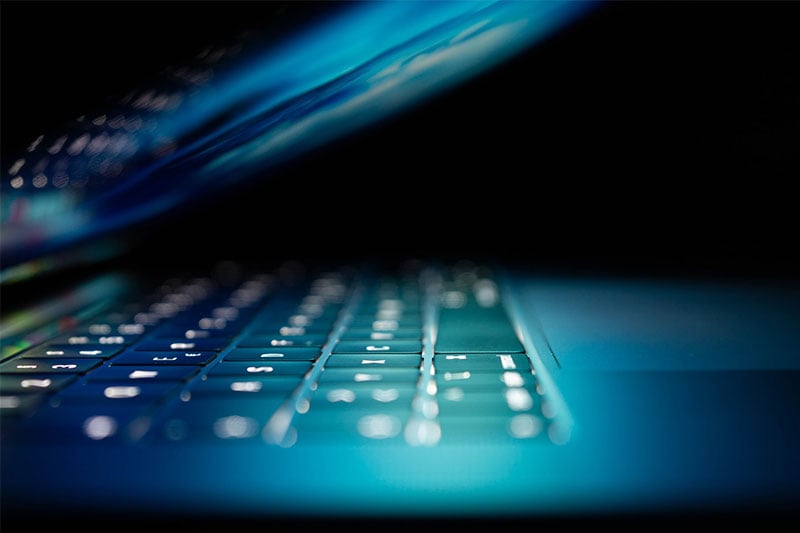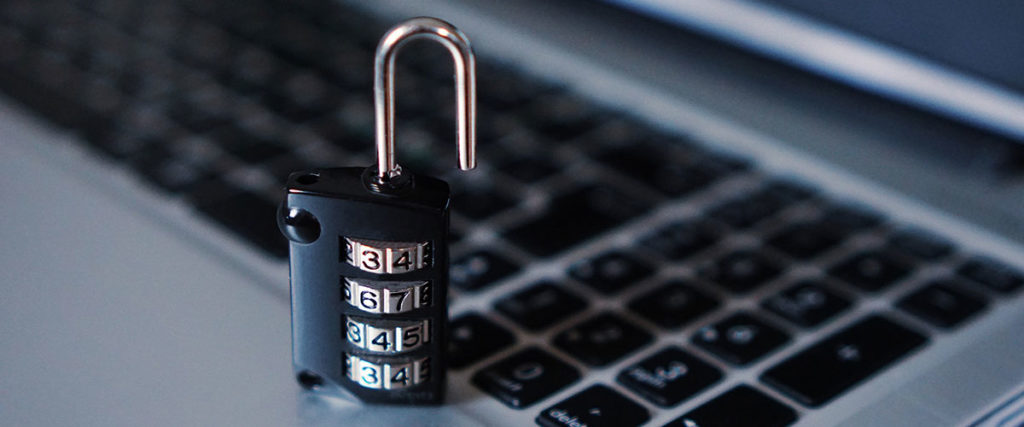Cyber security has become a growing concern as businesses across the world have shifted to remote working. Here’s how firms can better protect their data.
The coronavirus has taken businesses across the globe by surprise, with many of them struggling to adapt to the new normal. As company offices shut down to contain the outbreak, work from home increasingly seems to be the only way to keep operating. However, the confusion related to remote working systems is just half of the challenge for IT teams. The other, perhaps more critical, challenge relates to cyber security.
Are you sure that your infrastructure, data, and applications are secure enough? Do you trust your employees to maintain safe practices on all fronts? Have you taken the right mitigation measures to keep cyber attackers and hackers at bay? If there’s even a shadow of a doubt as you answer these questions, then you need to assess your cyber security readiness in these challenging times. Let us help you with a complete check on infrastructure, security, and mitigation fronts.

Infrastructure Concerns
Infrastructure worries are bound to be at the forefront of your mind owing to the fact that you need to have enough hardware resources to support an entire company working remotely. This can get challenging for larger organisations that have thousands of employees working for them, given that it might be difficult to buy new systems at such short notice. Moreover, there will have been a corresponding, sudden spike in demand for remote communication and collaboration tools, which increases the size of the tech stack. Additionally, dependency on digital communication has increased largely with workers having to connect with the teams and customers remotely.
Businesses are moving their on-site data and applications to the cloud, which has given rise to the demand for a secure infrastructure that is capable of protecting a vast amount of remotely-stored data. With so much happening at the same time, these are unchartered waters – at least from an infrastructure security perspective. The challenges here are immense, but organisations are continuously making efforts to resolve them by putting advanced and reliable bring-your-own-device (BYOD) policies and security solutions in place.
Security Concerns
The most critical aspect of operating remotely is cyber security. Today, networks are more complex than ever before and there are thousands of access points that businesses have to monitor. At the same time, the compulsory adoption of the BYOD initiative has made things tougher for cyber security professionals. The checklist only gets longer, thanks to ongoing concerns related to data privacy compliance regulations.
Security professionals have a lot of issues to deal with right now, from whether employees are using secure WiFi connections to whether they have the right security tools in place, received adequate training, or are adhering to security protocols. At this stage, looking for the modern IT solution for businesses with a managed IT support partner makes sense. Relying on these experts is a good idea as they can take care of your business’s cyber security needs from start to finish, while your in-house team can focus on supporting the remote team with the transition.
You might also like Cyber Crime Damages Expected To Reach USD 27 billion by 2025

Mitigation Concerns
The next concern for any business during the pandemic would obviously be about risk mitigation. Given the problems of remote operations, a preventive approach is an ideal approach, which is best done with a proper risk mitigation strategy. There are several best practices that both the organisation and the individuals will need to adhere to for the sake of risk mitigation. While companies need to have a security checklist and share it with their workforce, employees also need to be extra vigilant about the threats outside the regular work environment. The following checklists can help both of them.
Organisational Checklist
• Establishing clear policies and procedures for the employees to follow while they work from home
• Providing appropriate security tools such as VPNs to the entire remote workforce
• Implementing an action plan for the employees returning to the office once things are back to normal
• Ensuring that incident response and handling practices are in place
• Training employees and creating awareness regarding the importance and implementation of cyber security practices
• Facilitating clear communication that gets employees on board
Employee Checklist
• Adhering stringently to their employer’s security guidelines, policies, and protocols
• Always using the VPN, if provided by the company
• Abstaining from the use of open Wi-Fi connections
• Avoiding working from public networks
• Not using the same password for different accounts
• Using two-factor authentication for both personal and work accounts
• Protecting access to official devices at home
• Double-checking compliance with the relevant data protection policies while handling customer data

Common Industry Attacks
While being aware of these concerns and having a risk mitigation plan is vital, you cannot deny the importance of staying alert right now. The ongoing situation is extremely tough for everyone and hackers are at large because they want to take advantage of the stressful climate. Here are some specific issues that you should watch out for.
Industry-targeted attacks
Since the healthcare industry is in the limelight, cyber criminals are specifically targeting this sector. Other verticals that need to be extra careful include medical testing facilities, financial services companies, manufacturing firms, educational businesses, and public service agencies.
Remote-worker scams
Since the pandemic’s outbreak, a large chunk of the working population across the globe are operating remotely. Unfortunately, this has made them soft targets for scams and attacks by seasoned hackers looking to exploit the situation.
Although the crisis is not something that anyone could have ever imagined, businesses can still deal with the cyber security concerns it brings. One thing that they need to realise is that working remotely does not need to be risky, provided that you have adequately secure infrastructure and reliable protocols in place. At the same time, employee training and awareness can make all the difference to how quickly you can transition securely, even in the midst of a pandemic.
Related Articles
7 Things Your Startup Should Know About Cyber Security in 2020
The Australian Startup Using HR Analytics to Help Major Corporations Excel





